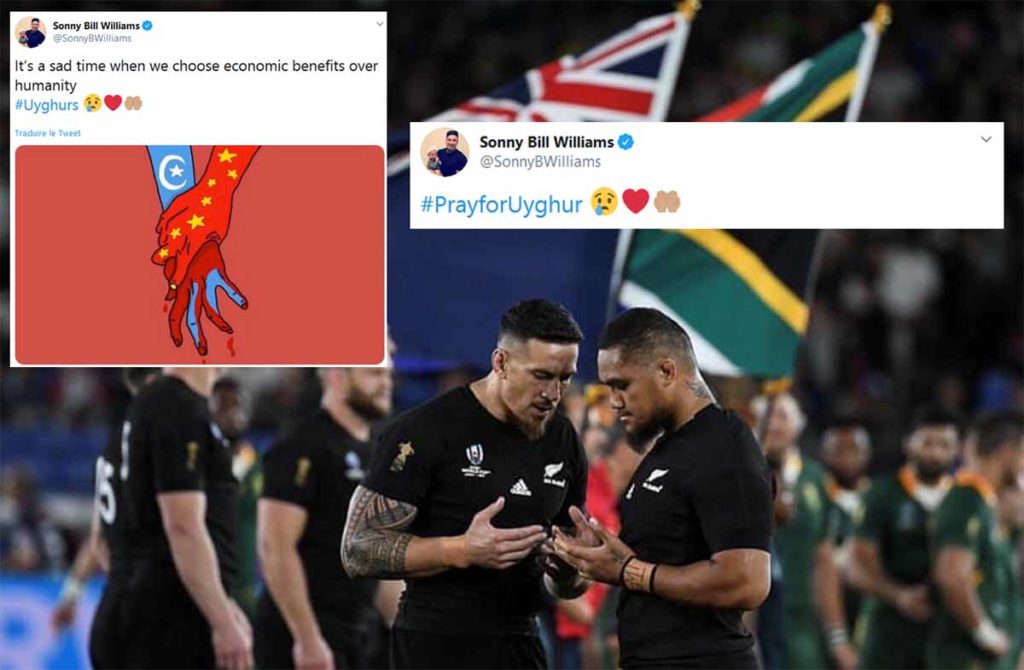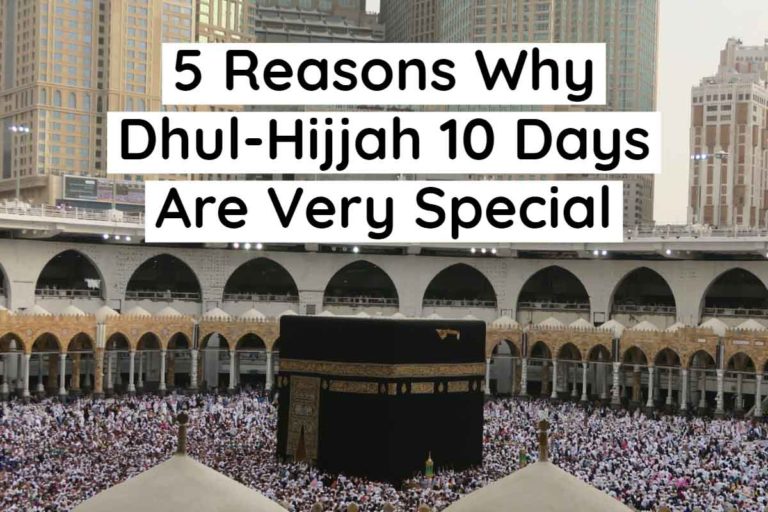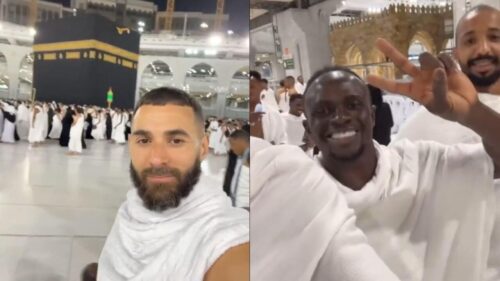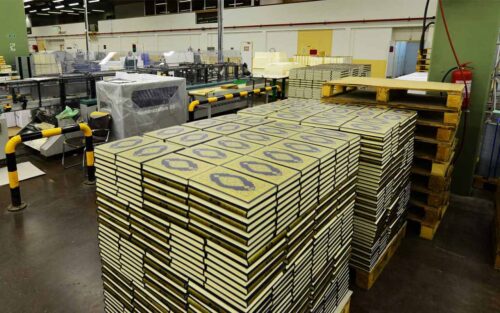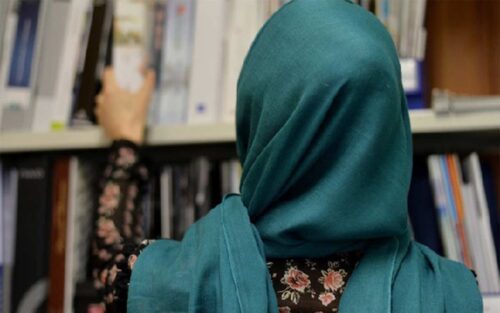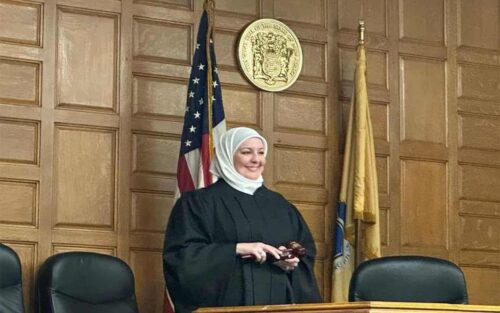New Zealand rugby superstar Sonny Bill Williams followed Arsenal midfielder Mesut Ozil in criticizing human rights abuses by the Chinese government in the country’s far-western Xinjiang region. Monday, while lamenting that some had chosen money over “humanity”.
Williams posted an image of a hand colored in the style of the Chinese flag, bloodily gripping another hand, painted like the flag of East Turkestan, on his official Twitter account Monday. East Turkestan is what some Muslim-majority Uyghurs call their home region of Xinjiang.”It’s a sad time when we choose economic benefits over humanity,” wrote Williams, who converted to Islam in 2009.
But the Chinese government has fired back through its representatives in New Zealand.
“We’re firmly opposed to any attempts to sabotage China’s sovereignty and territorial integrity,” an embassy spokesperson told Newshub.
“Certain people seemed to be blindfolded by some fake news and clouded by falsehoods. We hope they could view China’s counter-terrorism and deradicalization efforts in an objective way.”
Cross-code star Williams won the rugby union World Cup with New Zealand in 2011 and 2015. He became the world’s best paid rugby player in November after signing a two-year contract worth $10 million with rugby league club the Toronto Wolfpack.
Williams told CNN in November that his faith has helped him manage difficult times in his career. He was a prominent presence in New Zealand after the Christchurch mosque attacks in January, in which 51 people were killed.
China had responded furiously to Ozil’s attack on Beijing policies that human rights grous and experts say have seen widespread human rights abuses and an estimated one million Uighurs and other mostly Muslim minorities jailed.
In a similar episode, China moved in October to punish the NBA’s Houston Rockets after its general manager Daryl Morey tweeted support for Hong Kong pro-democracy protesters.
The US State Department estimates that up to two million Uyghurs and other Muslim-majority minorities have been held in huge detention centers in Xinjiang, where they have allegedly undergone political re-education.
Former detainees and Uyghur exiles claim it is part of a program designed to eradicate their culture and customs, turning them into Chinese-speaking patriotic citizens.
The Chinese government has repeatedly denied the camps are “detention centers,” saying instead they are voluntary “vocational training centers” targeted at de-radicalizing citizens.


